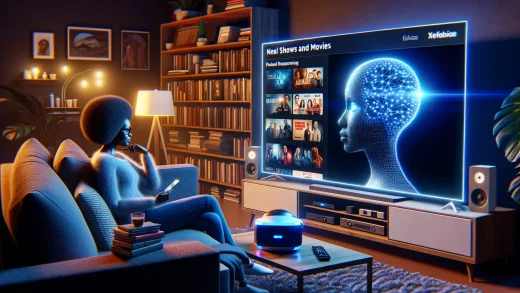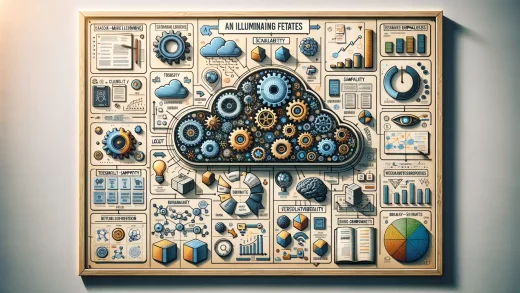Overview of AI and Its Impact on Healthcare
How AI is Becoming Healthcare’s Unsung Hero
Picture this: a world where your smartphone doesn’t just remind you to drink water or take your meds, but actually acts as a compassionate healthcare companion. That’s no longer sci-fi—it’s happening right now, thanks to the transformative power of Artificial Intelligence (AI).
In healthcare, AI feels like a team of invisible superheroes working behind the scenes. It analyzes mountains of patient data with lightning speed, spots anomalies that even seasoned doctors might miss, and provides personalized insights tailored to each individual. Think of it as your digital health detective, tirelessly sifting through details most of us wouldn’t even think to check.
But AI’s impact isn’t just about crunching numbers. It creates new possibilities for care by unlocking smarter diagnosis, better treatment planning, and even predictive insights. Imagine an app warning you days ahead that your blood pressure trend could spell trouble—or recommending lifestyle tweaks before you even notice symptoms.
- AI-powered apps monitor chronic conditions like diabetes in real-time.
- They assist doctors by identifying early signs of cancer from imaging scans.
- Even mental health gets a boost, with chatbots offering on-demand support.
This isn’t just technology; it’s empathy wrapped in innovation. AI is reshaping healthcare into something more human—ironic, isn’t it?
Key Applications of AI in Mobile Healthcare Apps
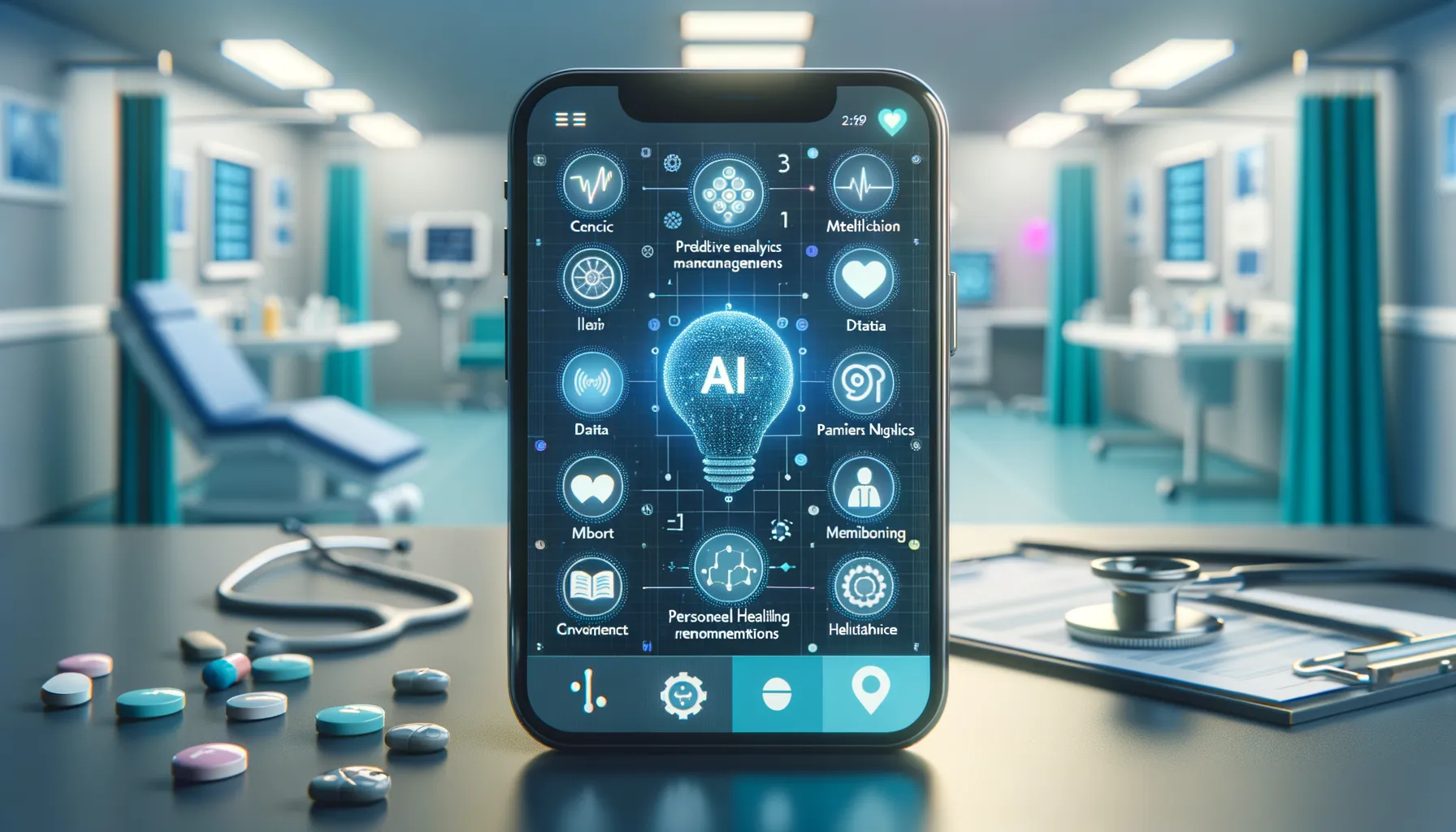
Transforming Diagnosis at Your Fingertips
Imagine opening a healthcare app on your phone and having it act like a personal doctor right in your pocket. Thanks to AI-powered diagnostic tools, this isn’t a far-fetched dream anymore. These apps can analyze symptoms, scan medical reports, and even detect irregularities in X-rays or MRIs—all within seconds. For example, AI systems trained on thousands of dermatology cases can help identify whether that mole you’ve been worried about is worth consulting a specialist for. It’s like having an ever-alert expert always on call.
Personalized Healthcare Like Never Before
Gone are the days of one-size-fits-all treatment plans. Mobile apps now use advanced AI algorithms to craft hyper-personalized health recommendations. Whether you’re managing diabetes or tracking heart health, these apps analyze your habits, activity levels, and even genetic data to offer tips customized *just for you*. Take fitness trackers as an example—they don’t just count steps; they learn from your daily routines, nudging you towards better choices.
Some key AI-driven features include:
- Medication reminders tailored to your schedule and health condition.
- Virtual coaches offering mental health support, meditation tips, or stress management strategies.
- Chronic illness monitoring using real-time data updates and alerts.
By blending cutting-edge intelligence with personal care, these mobile apps are reshaping how we stay healthy.
Benefits of Integrating AI in Healthcare Mobile Apps
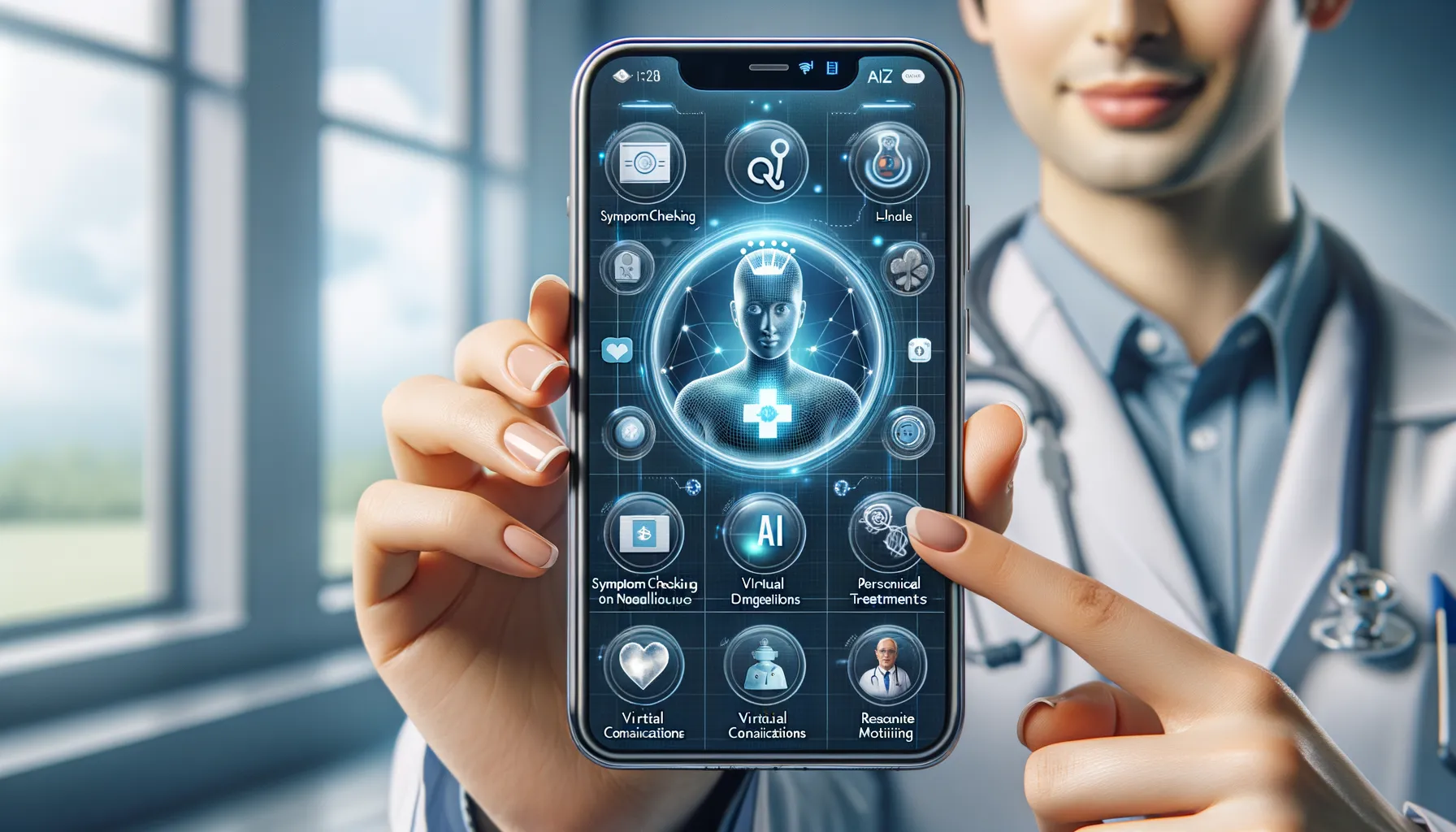
Transforming Patient Care with AI-Powered Features
Imagine a healthcare app that feels like it *knows* you. That’s exactly what happens when you integrate AI into mobile healthcare platforms. AI brings a personalized, almost-human touch to digital healthcare. For instance, instead of generic health advice, users receive tailored recommendations based on their unique medical history, vitals, or lifestyle patterns. It’s like having a personal health coach available 24/7, minus the judgmental vibe.
Beyond personalization, AI supercharges **efficiency**. Think about something as practical as appointment scheduling—no more back-and-forth emails or calls. An AI-powered app can analyze doctor availability and patient preferences within seconds, finding the perfect match effortlessly.
Revolutionizing Decision-Making for Doctors
It’s not just patients who win here; doctors benefit immensely too. AI turns apps into data interpreters, pulling insights from mountains of medical records. A physician using an AI-driven app can decide faster, smarter, and with greater confidence.
Think of how life-saving this is in emergencies—AI can suggest treatments by instantly analyzing symptoms. It’s like having a second brain on standby, ready to assist.
Challenges and Ethical Considerations in AI for Healthcare
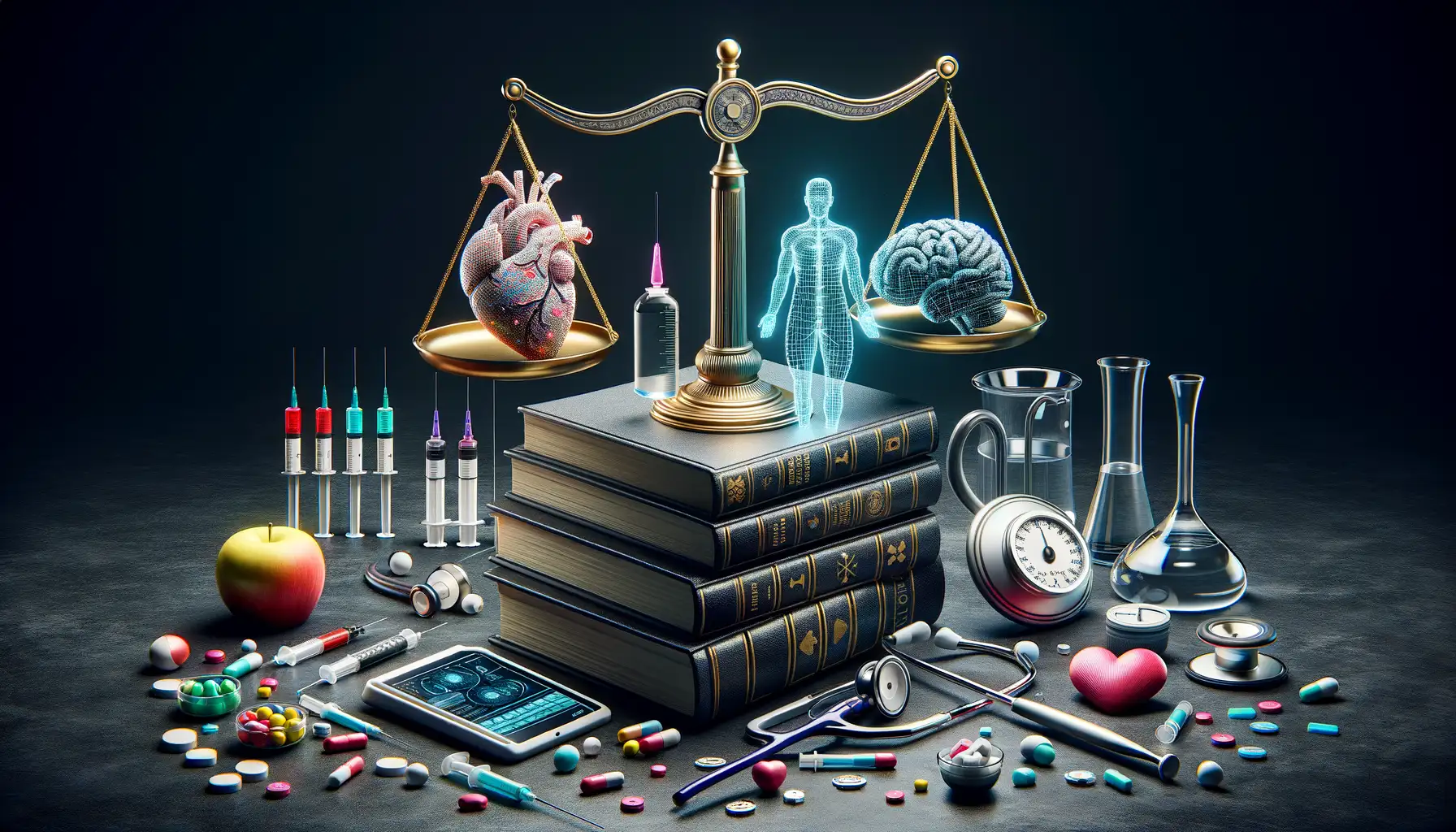
The Balancing Act: Navigating AI Challenges in Healthcare
AI in healthcare isn’t all smooth sailing. Picture this: a machine learning algorithm diagnoses a rare illness faster than any human doctor could, but behind the scenes, what about the data privacy? The road to transforming healthcare is lined with potholes that we just can’t ignore.
Ethical concerns are massive. For example, who’s responsible if an AI misdiagnoses a patient? A machine doesn’t have liability insurance—or a conscience. Then there’s bias in data. If historical medical datasets primarily represent one demographic, will everyone else be left in the shadows?
There’s also this eerie question: can patients trust an app with their most personal health details? When you’ve got apps delving into everything from heart rates to mental health, data security must be airtight.
- Transparency: Do people actually understand how these algorithms work?
- Access: Will rural or low-income patients—often excluded from tech—benefit, or fall further behind?
The challenge isn’t just building a smarter system but weaving compassion and fairness into every line of code. Because healthcare without humanity? That’s not the future anyone wants.
A Clash Between Innovation and Regulation
Let’s talk regulations—people either love them, hate them, or (in healthcare) rely on them for trust. With healthcare AI, it’s murky. Laws often crawl while innovation sprints. Can the FDA keep pace with apps that evolve overnight?
Consider this: a mobile app predicts cardiac issues with near-perfect accuracy. Amazing, right? But if it hasn’t cleared rigorous standards, doctors might hesitate to use it. And honestly, who could blame them? Lives hang in the balance.
On another note, transparency in decision-making needs attention. Picture being told by an app that surgery is “necessary” but getting no explanation as to why. People deserve clarity—not cryptic black-box algorithms.
Regulations are the safety nets here but tightening those nets without stifling creativity? Now, that’s the real puzzle—and one we’ll need everybody to solve together.
The Future Trends and Opportunities in AI-driven Healthcare Apps
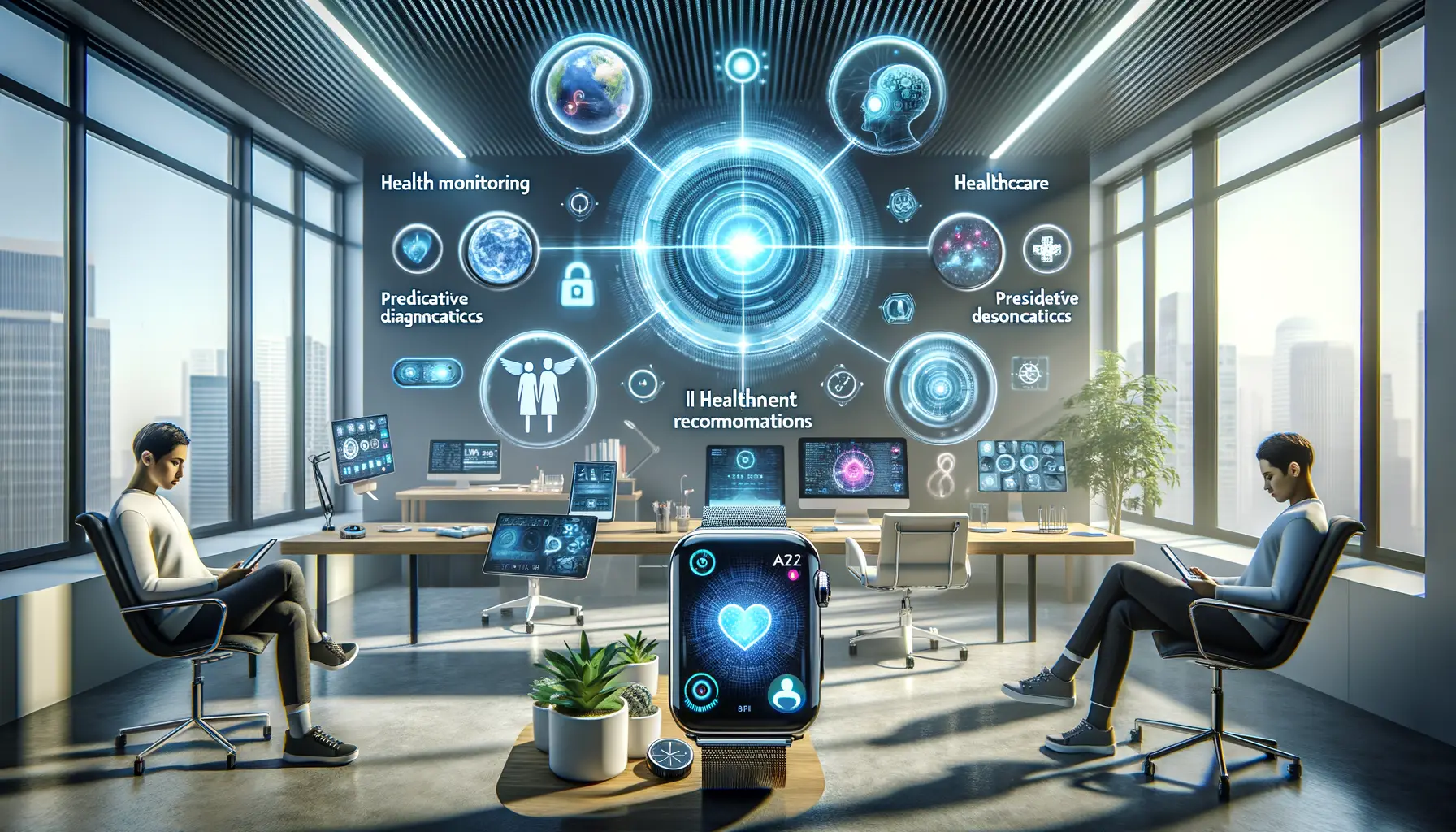
Innovations Shaping Tomorrow’s Healthcare Apps
The world of AI-driven healthcare apps isn’t just evolving—it’s leaping into a future where technology could feel almost magical. Imagine a scenario where your smartphone detects subtle changes in your voice and warns you about potential respiratory issues, or an app that predicts mental health dips by analyzing your sleep patterns combined with activity levels. These aren’t futuristic fantasies—they’re the next frontier of AI innovation.
Emerging trends are shaping this landscape faster than we can imagine. Here are just a few examples:
- Personalized Virtual Health Coaches: Picture AI-powered assistants that know your body better than you do—offering meal suggestions, workout routines, and stress-management techniques tailored down to the molecule.
- Predictive Analytics: From detecting rare diseases to preventing hospital readmissions, AI’s ability to foresee problems before they arise is reshaping care as we know it.
These advancements blur the line between science fiction and reality. And the beauty? They’re creating a world where healthcare becomes more convenient, preventive, and undeniably human. Who wouldn’t want to carry that kind of wizardry in their pocket?
Opportunities for Game-Changing Solutions
Let’s not overlook the goldmine of opportunities for creators and innovators. There’s a massive demand for apps that cater to chronic conditions like diabetes or cardiovascular diseases. Developers with a knack for combining intuitive design with ethical AI implementation stand to disrupt these spaces entirely.
Think of it this way: AI isn’t just building smarter tools; it’s creating partnerships between humans and machines. For example, imagine an app that partners with hospitals, using AI to monitor patients remotely, flagging emergencies before they spiral out of control. Or consider platforms designed for developing countries, enabling access to specialists through real-time language translation and diagnostics.
The potential is vast, thrilling, and deeply personal—because at the heart of all these innovations lies one purpose: empowering people to live healthier, longer lives. Let’s make it happen.

